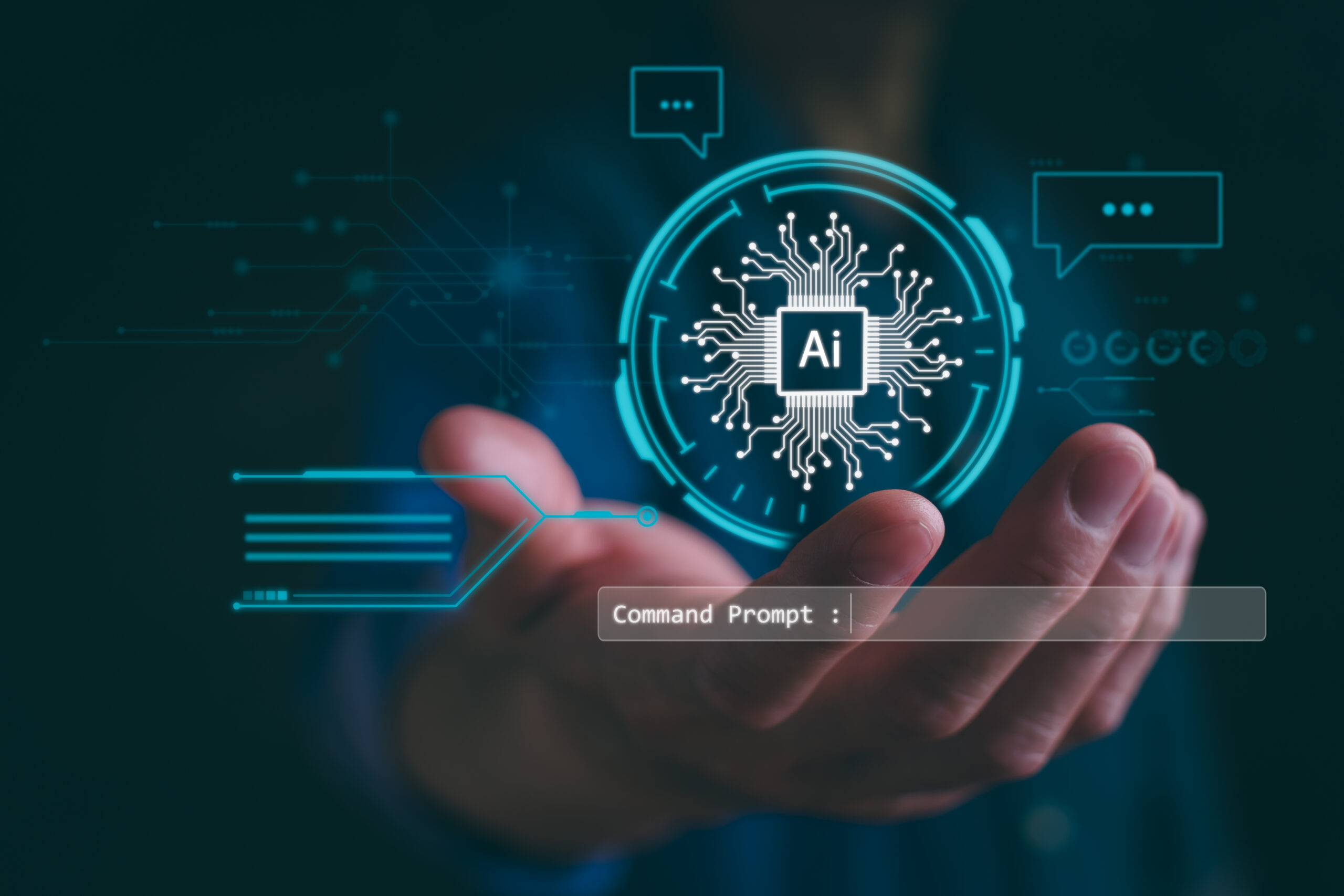In the dynamic gaming landscape, a new debate has emerged: the contest between human and machine capabilities in gaming. This discussion is not just about who or what plays better; it’s a reflection of the broader implications of AI and machine learning in our lives. As we delve into this debate, we examine the nuances of AI’s role in gaming, the historical milestones of human-machine competitions, the unique strengths of human cognition, and the future trajectory of this fascinating interplay.
How Gaming Evolved From Pixelated Pioneers to Cinematic Masterpieces
The gaming landscape has undergone a remarkable transformation over the decades, a metamorphosis driven by relentless technological advancements. From basic gaming consoles with limited processing power to today’s high-performance gaming PCs and advanced consoles, as well as VPNs for PCs like ExpressVPN that offer solutions to common online gaming challenges by helping in reducing ping and lag for a smoother gaming experience and enhanced security for players in the world of online gaming, the journey has been groundbreaking.
In the early days, gaming was a simplistic affair, with rudimentary graphics and basic gameplay. Players would huddle around bulky CRT monitors or TV screens, using simple joystick controllers or basic keyboard commands. Iconic titles like Pong and Space Invaders captured the hearts of players with their straightforward yet addictive mechanics.
Fast forward to today, and the contrast is stark. Modern games are not just games; they’re sprawling, interactive narratives with cinematic qualities, intricate worlds, and complex characters. Titles like The Witcher 3: Wild Hunt, Red Dead Redemption 2, and Cyberpunk 2077 exemplify this, offering players not just a game but an experience rich in detail and depth. The advent of online multiplayer has also revolutionized gaming, creating global communities and competitive arenas. Games like Fortnite and League of Legends aren’t just entertainment; they’re cultural phenomena.
AI in Gaming
The role of AI in gaming has been transformative. In games like Gran Turismo, AI powers the realistic behavior of rival racers, while in Minecraft, AI is used to create an ever-changing, dynamic world. StarCraft’s AI challenges players with strategic depth. Other notable examples include The Elder Scrolls V: Skyrim, where AI shapes complex character interactions, and The Legend of Zelda: Breath of the Wild, which uses AI to create an immersive, responsive environment.
Chess and AI
The historic chess match between IBM’s Deep Blue and Garry Kasparov in 1997 stands as a landmark in AI gaming. It highlighted AI’s computational prowess, as Deep Blue became the first computer system to defeat a reigning world champion in a match under standard chess tournament time controls.
Human Traits in Gaming
Despite AI’s advancements, human players retain unique advantages, such as creativity and intuition. These traits are particularly crucial in games like Go, where complex strategies cannot be easily quantified and are often driven by subtle, intuitive decisions.
Practice and Learning
Both humans and machines enhance their gaming abilities through practice and learning. AI systems learn and evolve through algorithms and data analysis, while human players improve through experience, adaptability, and learning from mistakes.
Emotional Aspect of Gaming
One aspect where AI cannot compete with humans is the emotional connection to the game. Human players experience a range of emotions and sportsmanship, which adds a rich, personal dimension to gaming that AI currently lacks.
AI’s Consistency
AI’s major strength in gaming is its unemotional consistency. Unlike humans, AI is not prone to fatigue, stress, or emotional decisions, leading to a level of performance consistency that can be challenging for human players to match.
Future of Gaming
The future of gaming promises even more advanced AI, potentially narrowing the gap between human and machine capabilities. Developments in AI could lead to more realistic, challenging, and engaging gaming experiences, blending the strengths of both human and artificial gamers.
In conclusion, both humans and machines bring unique strengths to the gaming table. While AI offers computational power and consistency, human players bring creativity, intuition, and emotional depth. The ongoing evolution of AI in gaming is not just a competition but a collaboration that enriches the gaming experience for everyone involved.

























